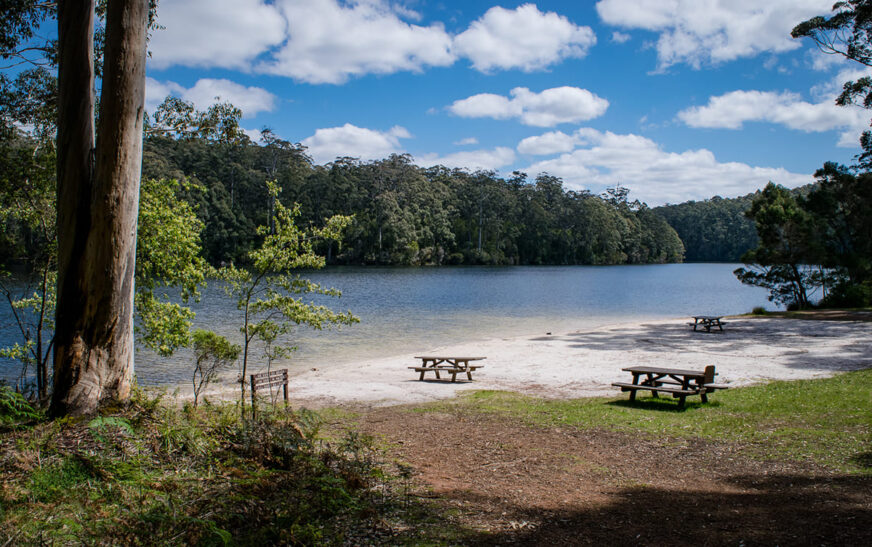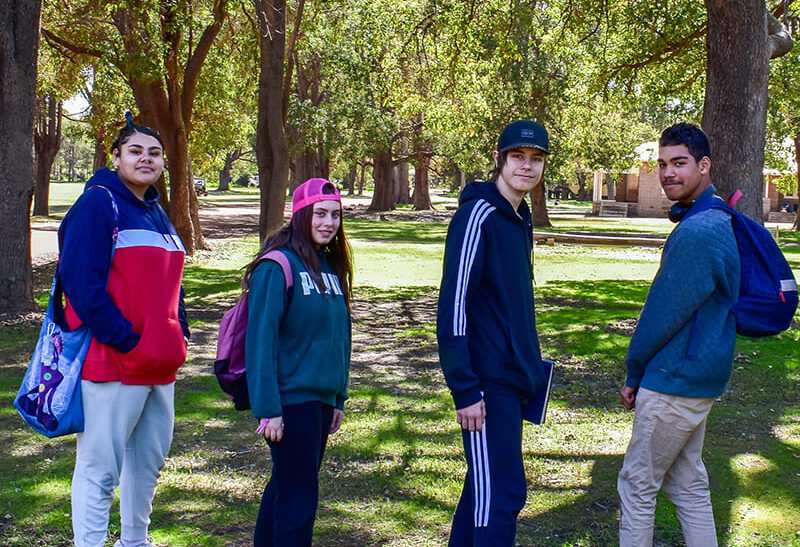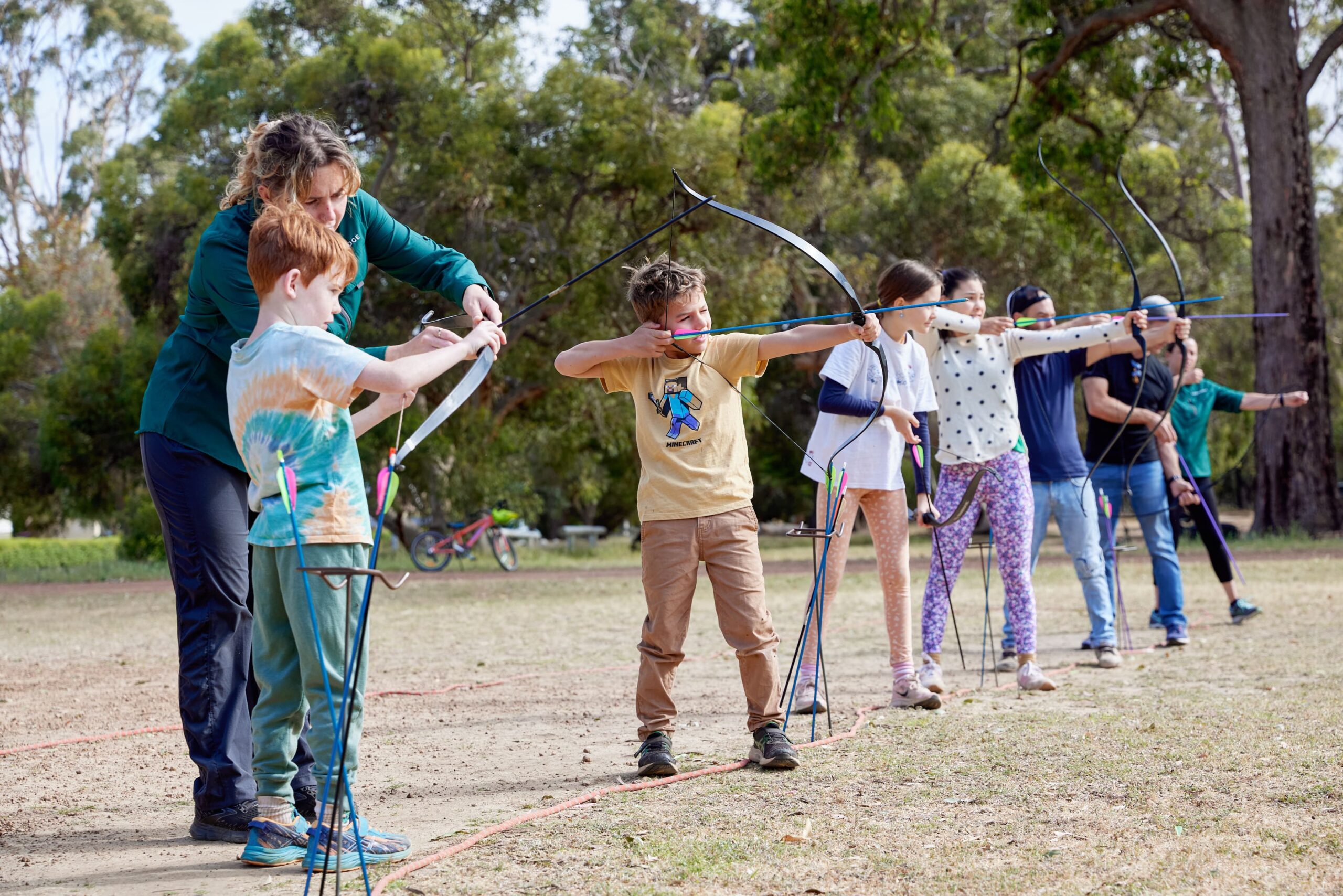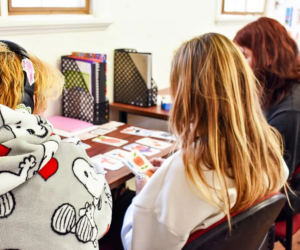Outdoor learning has a remarkable impact on students, fostering skills that go beyond the classroom. At places like Camp Fairbridge Pemberton, students engage with nature in ways that make learning both enjoyable and meaningful. Here’s how outdoor education can be a powerful tool for academic and personal development.
Enhancing Cognitive Skills Through Nature
Nature-based learning has been shown to improve cognitive function and focus. Outdoor environments reduce stress and enhance memory retention, helping students absorb information more effectively.
For example, activities like bushwalking or orienteering not only encourage physical health but also stimulate critical thinking as students learn to navigate and observe their surroundings. Studies indicate that a change of environment, especially one as engaging as the outdoors, can significantly improve students’ attentiveness and capacity to solve complex problems.
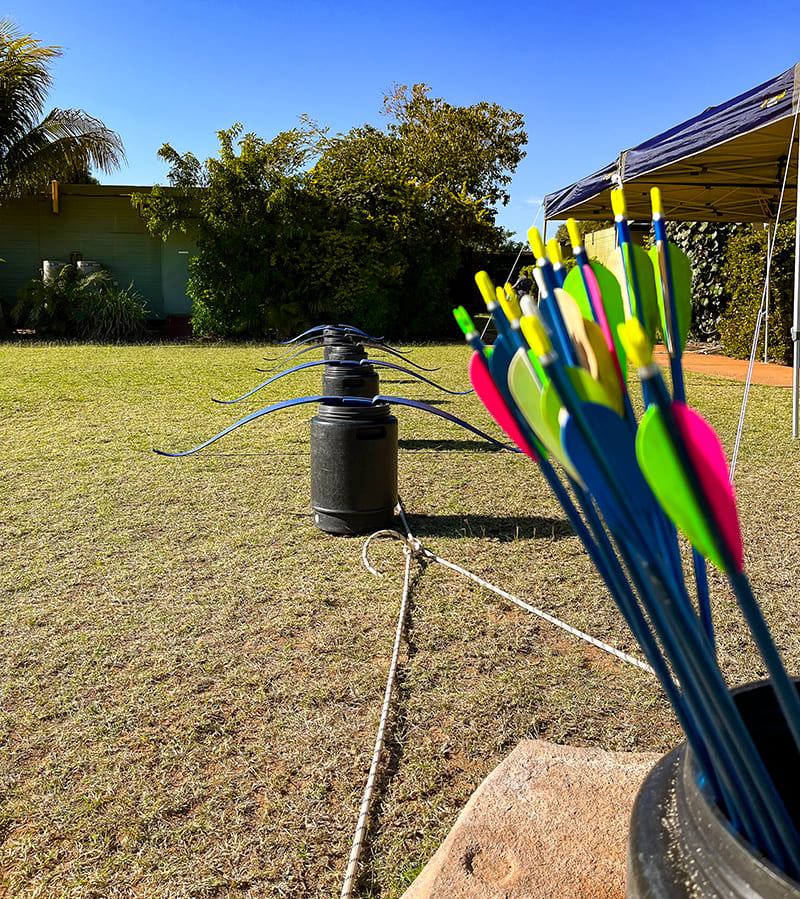
Building Teamwork and Social Skills
Outdoor activities offer students the chance to work together, often in unfamiliar settings that require cooperation. At camps like Fairbridge’s Pemberton Camp, students participate in activities like archery and canoeing, which demand communication, trust, and collaborative problem-solving.
By working towards shared goals, students naturally develop empathy, resilience, and leadership skills. These social skills are crucial, not only in academics but in life, as students learn to interact effectively in diverse group settings.
Fostering Independence and Confidence
Outdoor learning provides students with opportunities to take on challenges independently, building their confidence. When faced with tasks like mountain biking through rugged trails or setting up a camp, students are encouraged to assess risks, make decisions, and adapt to their environment.
This independence fosters a sense of achievement, especially as they navigate challenges outside their comfort zones. Completing an outdoor task—whether it’s navigating a trail or learning to shoot an arrow—gives students the confidence that they can overcome obstacles, an empowering feeling that benefits them in school and beyond.
Physical Activity and Health Benefits
Being outdoors naturally promotes physical fitness, which is directly linked to mental health and learning outcomes. Activities like rafting or hiking engage students physically, which helps in reducing stress and increasing their overall well-being.
Regular outdoor activity has also been shown to improve sleep, boost mood, and enhance concentration—key factors that contribute to improved performance in academic settings. Camp Pemberton’s array of physical activities aligns with these goals, ensuring that students return to their studies re-energised and with a fresh perspective.
Environmental Awareness and Responsibility
Outdoor learning environments instill a sense of environmental responsibility in students. At camps like Camp Pemberton, activities are designed to educate students about conservation and sustainable practices, enabling them to understand the importance of protecting natural resources.
Through hands-on learning, students develop a connection with nature, learning firsthand about biodiversity, ecosystems, and conservation efforts. This understanding fosters environmentally conscious behaviours that they can carry with them into adulthood, promoting a generation more mindful of environmental stewardship.
Alignment with Academic Curriculum
Outdoor learning can be seamlessly integrated into the school curriculum, providing a hands-on approach to subjects like science, geography, and even history. For example, a biology lesson comes alive when students can observe ecosystems directly, identifying plants, animals, and environmental factors that shape their surroundings.
Similarly, history lessons gain depth when students experience cultural or indigenous heritage sites. Outdoor programs like those offered at Camp Pemberton allow teachers to reinforce classroom concepts through experiential learning, making theoretical lessons more tangible and memorable.
Boosting Mental Health and Reducing Anxiety
Spending time in natural settings is well-documented as beneficial for mental health. In the outdoor setting, students can experience calmness and mindfulness, reducing symptoms of anxiety and depression.
Practical Life Skills and Problem-Solving
Outdoor learning settings provide a fantastic platform for students to develop practical skills. Activities like building a campfire, navigating trails, or setting up a tent teach problem-solving in real-world situations.
These tasks require critical thinking, planning, and resilience—all of which are essential life skills. Engaging in these activities, students become more resourceful and better prepared to handle unexpected challenges.
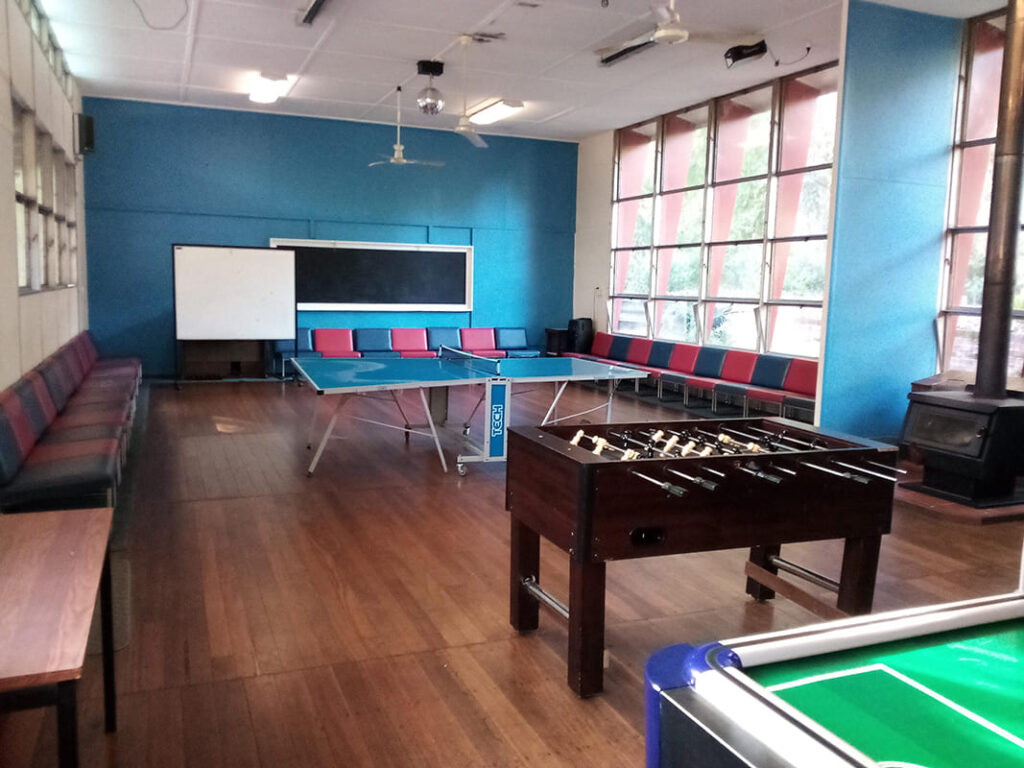
A Lasting Impact
The benefits of outdoor learning extend well beyond the duration of a school camp. Experiences like those at Camp Fairbridge Pemberton stay with students, influencing their learning habits, attitudes toward nature, and interpersonal skills.
This immersive form of learning plants the seeds for a lifelong appreciation of the outdoors, empowering students to become active, environmentally aware citizens who are equipped with practical skills and mental resilience.
Conclusion
Outdoor education, as offered at Camp Fairbridge Pemberton, is an invaluable complement to classroom learning. It not only boosts cognitive, social, and physical development but also cultivates environmental responsibility and life skills that can shape a student’s future.
For schools and parents, outdoor learning offers a holistic approach to education that nurtures students’ mental and physical well-being, preparing them for both academic success and personal growth. By stepping outside, students gain the skills, confidence, and resilience they need to thrive in today’s world.

